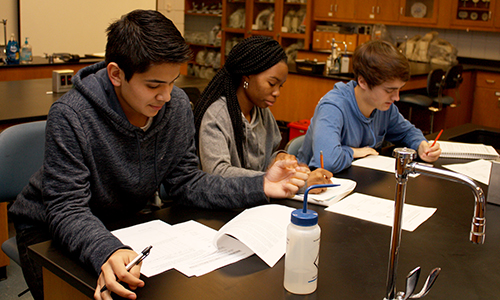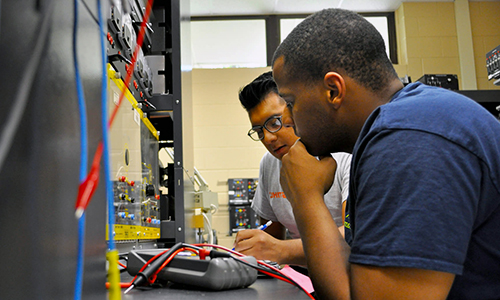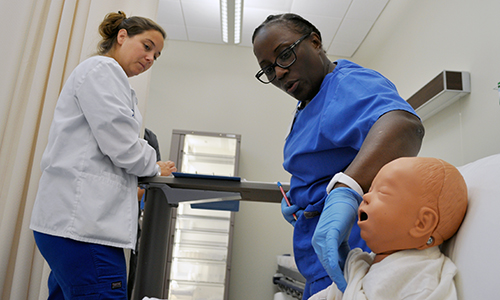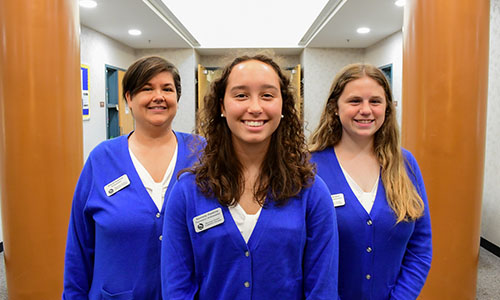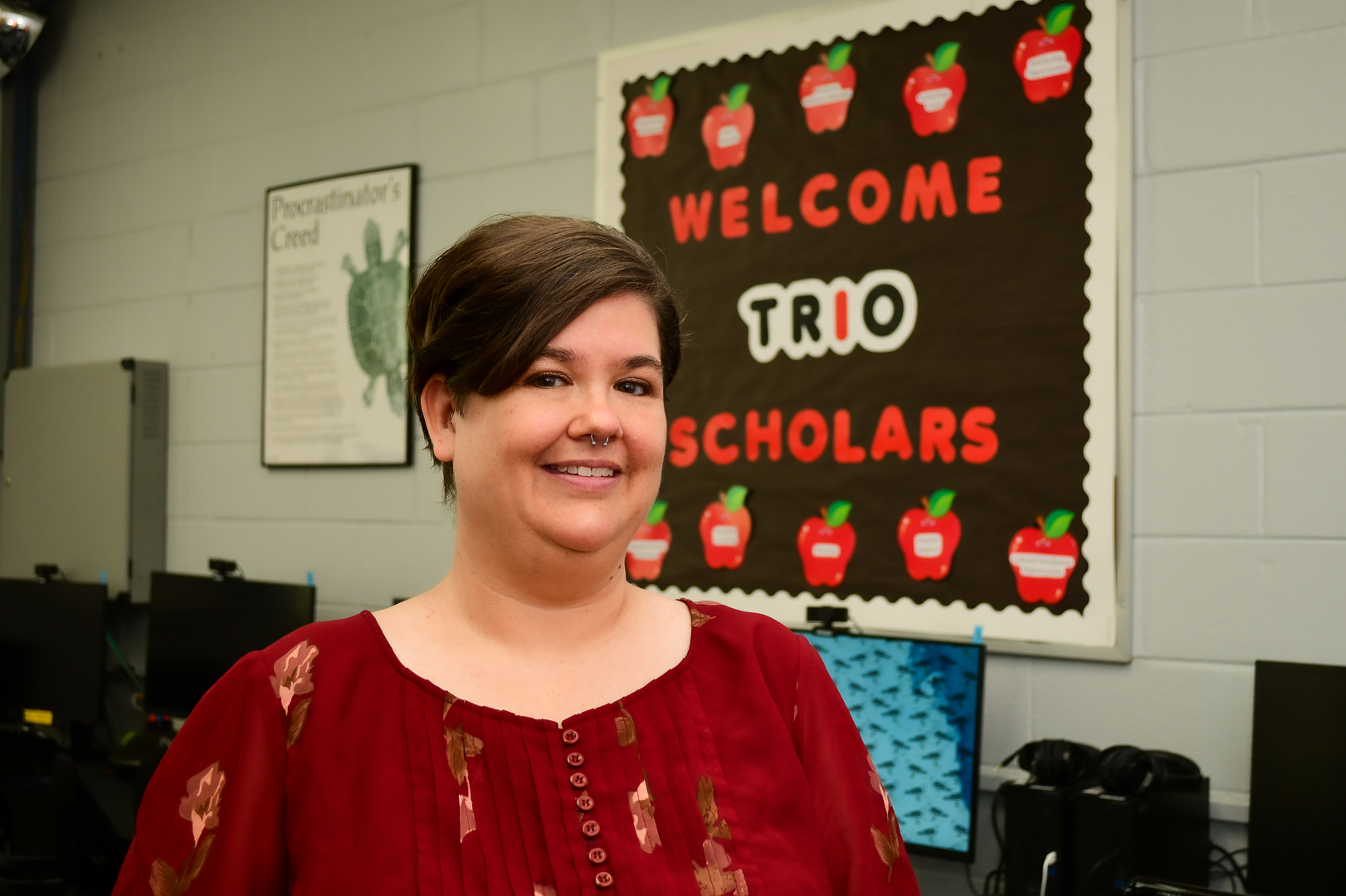
Grandmother Brandi Keehnle Offers Hope to People in Recovery
Brandi Keehnle is living her life. The human services technology student traded her role as a stay-at-home grandmother for a college student after seeing a great deal of need for counseling and support for people with substance use issues. She is currently pursuing a pathway to a bachelor’s and master’s degree.
Keehnle has seen the national opioid crisis first-hand. After watching a person close to her go through counseling and rehabilitation, she wanted to be the person that someone could reach out to.
“I have a lot of friends with addiction. I’ve lost friends to addiction. It hits you hard,” she says. “I was in one of the [student] clubs one day when I found out I lost a friend to suicide. And it was because of addiction. It ripped my heart out.”
The Centers for Disease Control (CDC) predicts that opioid-involved drug overdose deaths in the United States rose to 82,998 during 2022. Overall drug overdose deaths are expected to be 109,680 for 2022. Of these, 24 occurred in Beaufort County. These numbers do not reflect people such as Keehnle’s friend who died from suicide.
“There’s a lot of need in our community and past our community. If I can help one person, it will make a change in someone’s life,” she says.
The new mental and behavioral healthcare approach is replacing a more punitive approach of previous decades.
“There’s always second chances,” she says. “A lot of it is up to the user, whether they want the help or not. They have to be in the mindset to want the help. You cannot force it on them.”
The person who motivated her to join the program has now been sober for four years. “As long as they don’t give up, they shouldn’t be given up on.”
Her place in the public health crisis is on the individual level.
“I’m more of a hands-on person,” she says. “I want to see that whoever I’m working with is going to make progress. It could be baby steps. It could be the smallest baby steps. But that’s where I have to start to get them to take gigantic leaps to hopefully turn their life around. I think it’s very important that you have those connections, that you build those relationships.”
For Keehnle, college offered a chance to be the change, as she puts it. Before starting at Beaufort, she was a full-time grandmother, babysitting one child. She turned childcare back over to her daughter to start her college career. Her family has since grown to include three grandchildren.
“I don’t think you’re ever too old to start something,” she says. “I was almost 43 when I started back at college.”
The first-generation college student has also built a community through TRIO Student Support Services. The program offers resources such as cultural trips, university visits, a computer lab, and tutoring for students with disabilities, students experiencing poverty, or students who are the first in their families to attend college.
“Here at the college, everyone has become my second family,” she says. “You look forward to days that you have class, to see others, to intermingle, compared to communicating with a one-year-old. Some people are like, ‘You’re living two lives,’ but, no, I’m living my life. I’m not living for other people; I’m living for me. I do care about other people around me, though.”
In her classes, she has met people with similar life experiences as her own.
“When you meet other people who have been in the same situation, it brings it to light that you are not alone, and that it’s a bigger problem than you initially think.”
In such an emotionally taxing field, she says you must learn to separate your work life from home life.
“Even if you have it on your mind, you have to leave that at work and be there for your home. That’s what my grandchildren do for me now.”
She will go for long walks or exercise to clear her mind and get out of her head. She has even visited with a counselor herself when she was experiencing depression.
“Be around the positive in your life,” she says. “You have to separate yourself from the negative or else you will spiral down with it.”
Her main passion, her third life as she puts it, is traveling, especially to natural spaces.
“I love to travel,” she says laughing. “My husband’s family is in Pittsburgh, so we travel up there every few years, and I just enjoy the scenery. Now, when I have the opportunity, let’s go. You don’t have to ask me twice. I have home life, I have school life, I have travel life.”
One of her favorite trips is an annual visit to West Virginia.
“At the bottom of the New River Gorge, watching the river, that’s where I find my serenity. That’s where I become most peaceful.”
These three lives–family, school, and travel–come together like the confluence of a river to create her life. All three lives must be full, or her life would not be in balance and would not give her the strength to care for others and fight the current of this deadly health crisis.
Call or text 988 for the Suicide and Crisis Lifeline.

